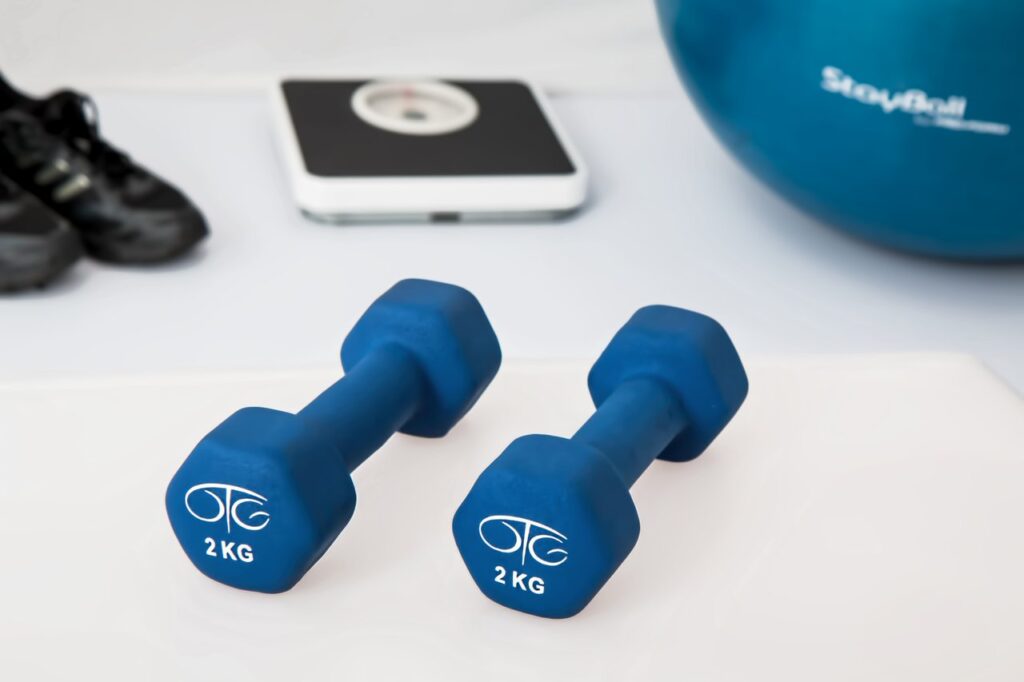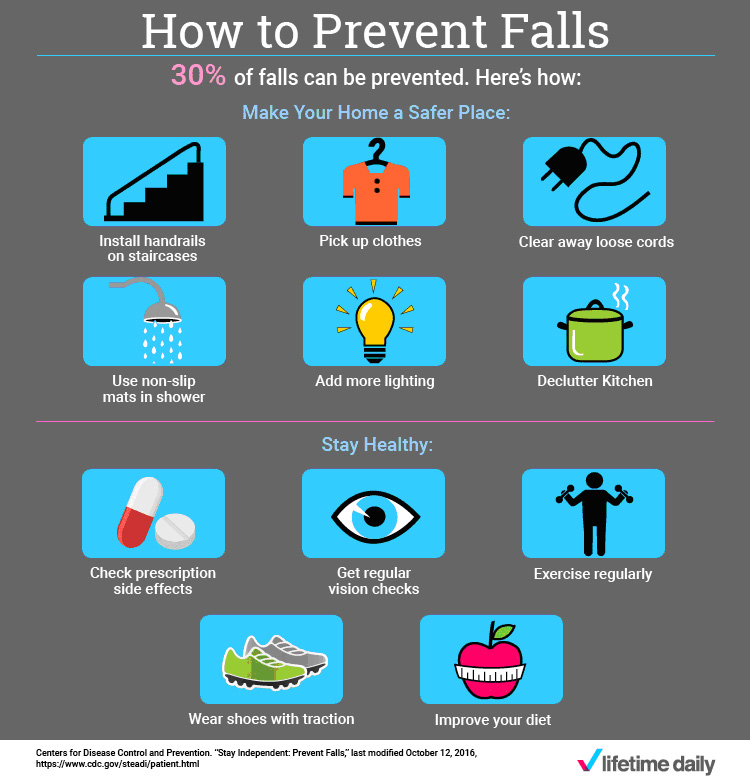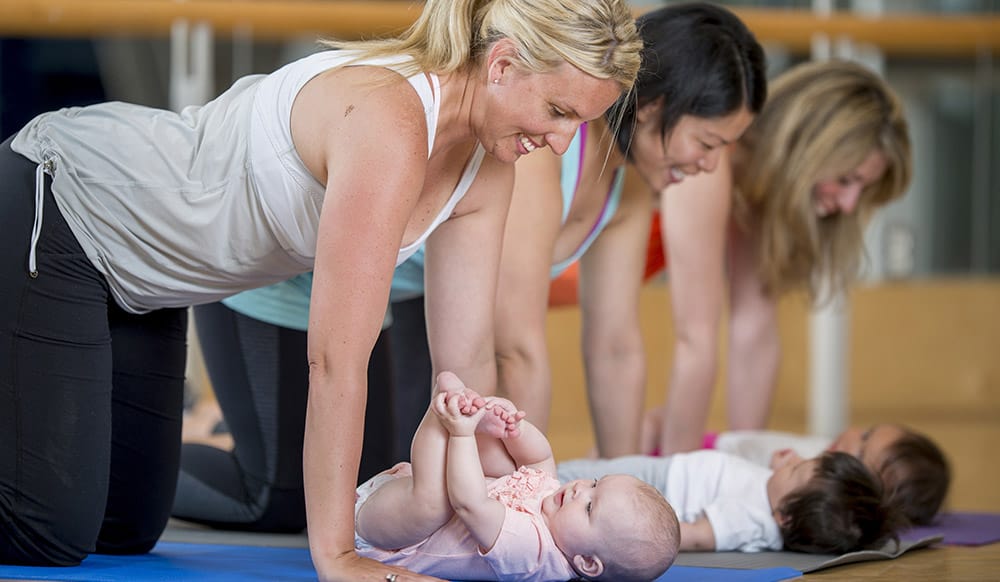What is osteoporosis?
Osteoporosis is characterized by low bone mass and deterioration of bone tissue which leads to weak bones and increased risk of fractures. Bone deterioration can occur over a number of years without presenting any symptoms so it is often a “silent” disease and unfortunately, if only discovered once you break a bone, the disease is already fairly advanced.
Why does osteoporosis happen?
Some risks are completely out of our control such as our genetics, but other risk factors ARE within our control such as:
- hormonal imbalances
- low calcium and other nutrient intake
- sedentary lifestyle
- eating disorders or intestinal issues that prevent us from being to digest and absorb important nutrients properly
- gastrointestinal surgery
- certain medications like those taken for gastric reflux
- medical conditions like auto immune diseases, cancer, kidney or liver disease
- excessive alcohol consumption
- smoking
Who does osteoporosis affect?
It affects both men and women – with over 2 million Canadians suffering with this condition. However, women are more at risk due to their hormones. More than 50% of women over the age of 50 will have a fracture!! And if it’s a major fracture, there is a much higher chance of being hospitalized or needing care in a long term facility. And the stats about mortality, if that happens, are not great.
3 things to help with osteoporosis

- Be active. Incorporate regular weight bearing exercises into your daily routine. Weight–bearing aerobic activities involve doing aerobic exercise on your feet, with your bones supporting your weight. These exercises force you to work against gravity. Examples include.
- Dancing
- Low impact aerobics
- Elliptical training machines
- gardening
- Walking, hiking
- Climbing stairs
- Playing tennis
- Resistance exercises like lifting light weights can help strengthen bones too (but be careful with your form)
- Make sure we are getting enough of the right nutrients. Calcium is key but is best when it comes from our food first. If needed, you can supplement with more. Aim for 1000-1200mg a day. Foods that are high in calcium include:
- Dairy
- Green leafy vegetables like kale, broccoli, spinach, beet greens, collard greens
- Dried figs
- Oranges
- Brazil nuts & almonds
- Fish
- tomato products
- artichokes
- plantain
- potatoes
- raisins
- prunes
Check out these websites for some calcium rich recipes:
osteoporosis.ca/bone-health-osteoporosis/nutrition/recipes/
https://www.healthline.com/health/managing-osteoporosis/7-day-osteoporosis-diet-plan
Make sure you are getting enough of these other nutrients as well:

· Vitamin D – This vitamin works in conjunction with calcium. Without enough vitamin D, your body can’t absorb calcium properly.
· Protein – Protein is the building block for tissue including bone tissue
· Vitamin C – This vitamin also works in conjunction with calcium by enhancing it’s absorption.
· Magnesium – helps to build strong bones. Most of us don’t get enough of this mineral and your body’s ability to absorb magnesium diminishes with age.
· Zinc – Your body uses zinc to help the bones stay strong and it’s also an important mineral in helping to maintain a healthy immune system – as are all the other nutrients in this list.Pay attention to these fall prevention strategies:
If you are looking for a quick assessment tool on how much calcium you are currently getting in your diet and what your risk factors are for osteoporosis, check out this website:
https://osteoporosis.ca/bone-health-osteoporosis/calcium-calculator/#page-1
3. Fall Prevention Strategies

Also avoid the following:
- lifting anything heavy in a forward bending or twisting position called “loading the spine”
- when lifting, bend at the knees and hold the oject you are lifting close to your body
- avoid heavy, overhead lifting
Other great websites to check out for information are:
At Durham Pelvic Health we believe in treating the whole patient and not just their symptoms. We will have educational discussions about several health issues in your appointment as it pertains to your program of care. We may discuss your diet and amount of fibre you are getting, your sleep patterns, your stress level and more. There is so much more at play than just your current pelvic pain symptom. Your body is an integrated system and how you eat, breathe, sleep and move is all important. We would love to meet you and discuss any concerns your have in regards to pelvic floor health. Check out our website or call us to book an appointment today!
Main Whitby office: 905-444-2282
PLEASE NOTE: The information on this website is intended for educational purposes only. It should not replace or be relied upon in the place of medical advice given by a doctor.








